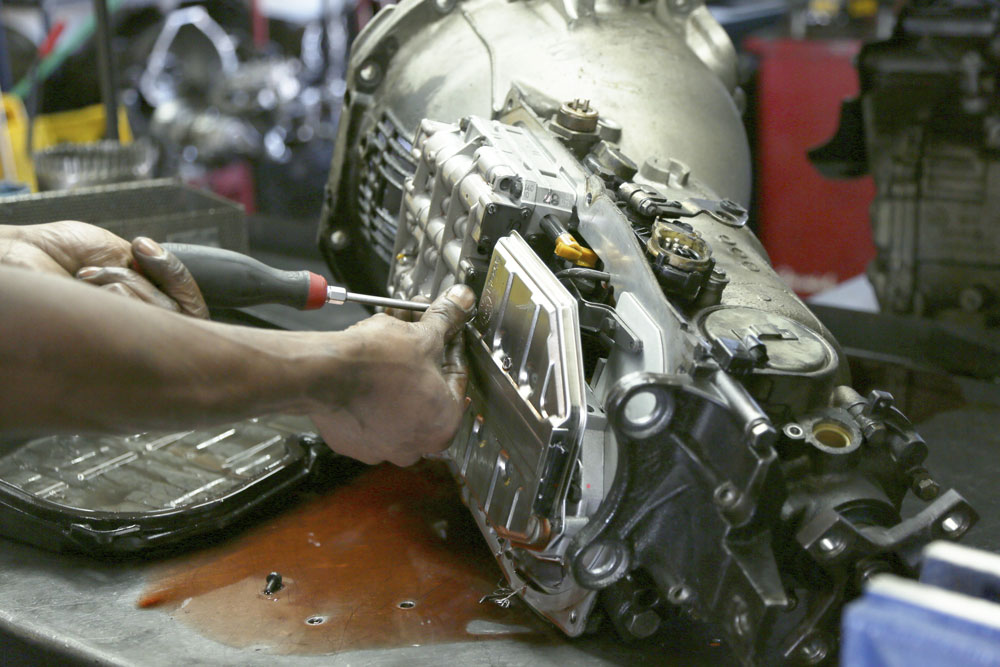Transmission trouble in your vehicle can be a real headache if not caught early. Ignoring early signs of transmission problems can lead to costly repairs down the road. Let’s explore the early indicators of transmission issues and provide actionable advice on how to identify them.
Understanding Your Vehicle’s Transmission
Before diving into the signs of transmission trouble, it’s essential to understand the role of the transmission in your vehicle. The transmission is responsible for transferring power from the engine to the wheels, allowing your vehicle to shift gears and maintain optimal performance.
Types of Transmissions
There are two main types of transmissions: automatic and manual.
- Automatic Transmission: This type of transmission shifts gears automatically, without the need for manual input from the driver.
- Manual Transmission: With a manual transmission, the driver is responsible for shifting gears using a clutch pedal and gear shift.
Knowing the type of transmission your vehicle has will help you better understand the signs of trouble.
Early Signs of Transmission Trouble
Strange Noises
One of the most common indicators of transmission problems is strange noises coming from the transmission area. These noises can include whining, clunking, or grinding sounds when shifting gears. If you notice any unusual sounds while driving, it’s crucial to have your transmission inspected by a qualified mechanic.
Delayed or Rough Shifting
Difficulty shifting gears or experiencing delays when shifting is another red flag for transmission issues. You may notice a hesitation or jerkiness when accelerating or decelerating, indicating potential problems with the transmission.
Fluid Leaks
Transmission fluid is essential for lubricating and cooling the transmission components. If you spot fluid leaks underneath your vehicle, especially red or brown fluid, it could indicate a leak in the transmission system. Low transmission fluid levels can lead to overheating and damage to the transmission.
Burning Smell
A burning smell coming from your vehicle, particularly when driving, could be a sign of overheating transmission fluid. Overheated transmission fluid can result from low fluid levels or excessive friction within the transmission components. Ignoring this issue can lead to severe damage to the transmission.
Warning Lights
Modern vehicles are equipped with onboard diagnostics systems that monitor various vehicle systems, including the transmission. If your vehicle’s dashboard warning lights, such as the check engine light or transmission warning light, illuminate, it’s essential to have the vehicle inspected promptly. These warning lights indicate potential issues that require immediate attention.
Slipping Gears
Another telltale sign of transmission trouble is gears slipping while driving. You may notice the engine revving without a corresponding increase in vehicle speed, indicating that the transmission is slipping out of gear. This can be dangerous, especially when driving at high speeds, and requires immediate attention from a mechanic.
What to Do If You Suspect Transmission Trouble
If you notice any of the early signs mentioned above, it’s crucial to address the issue promptly to avoid further damage to your vehicle’s transmission. Here are some steps to take if you suspect transmission trouble:
- Check Transmission Fluid: Start by checking the transmission fluid level and condition. Low fluid levels or contaminated fluid can indicate underlying transmission problems.
- Schedule Inspection: If you’re unable to diagnose the issue yourself, schedule an inspection with a reputable mechanic. They can perform a comprehensive assessment of your vehicle’s transmission and recommend necessary repairs.
- Follow Maintenance Schedule: Regular maintenance is key to preventing transmission problems. Follow the manufacturer’s recommended maintenance schedule for fluid changes and inspections.
- Avoid Stressful Driving: Avoid putting unnecessary stress on your vehicle’s transmission by practicing smooth driving habits. Aggressive driving, towing heavy loads, and neglecting maintenance can accelerate transmission wear and tear.
Act Now to Prevent Transmission Troubles!
Identifying early signs of transmission trouble is essential for maintaining the longevity and performance of your vehicle. By staying vigilant and addressing transmission issues promptly, you can avoid costly repairs and keep your vehicle running smoothly on the road. Remember to prioritize regular maintenance and seek professional help if you suspect any transmission problems. With proactive care, you can ensure that your vehicle’s transmission continues to operate reliably for years to come.

